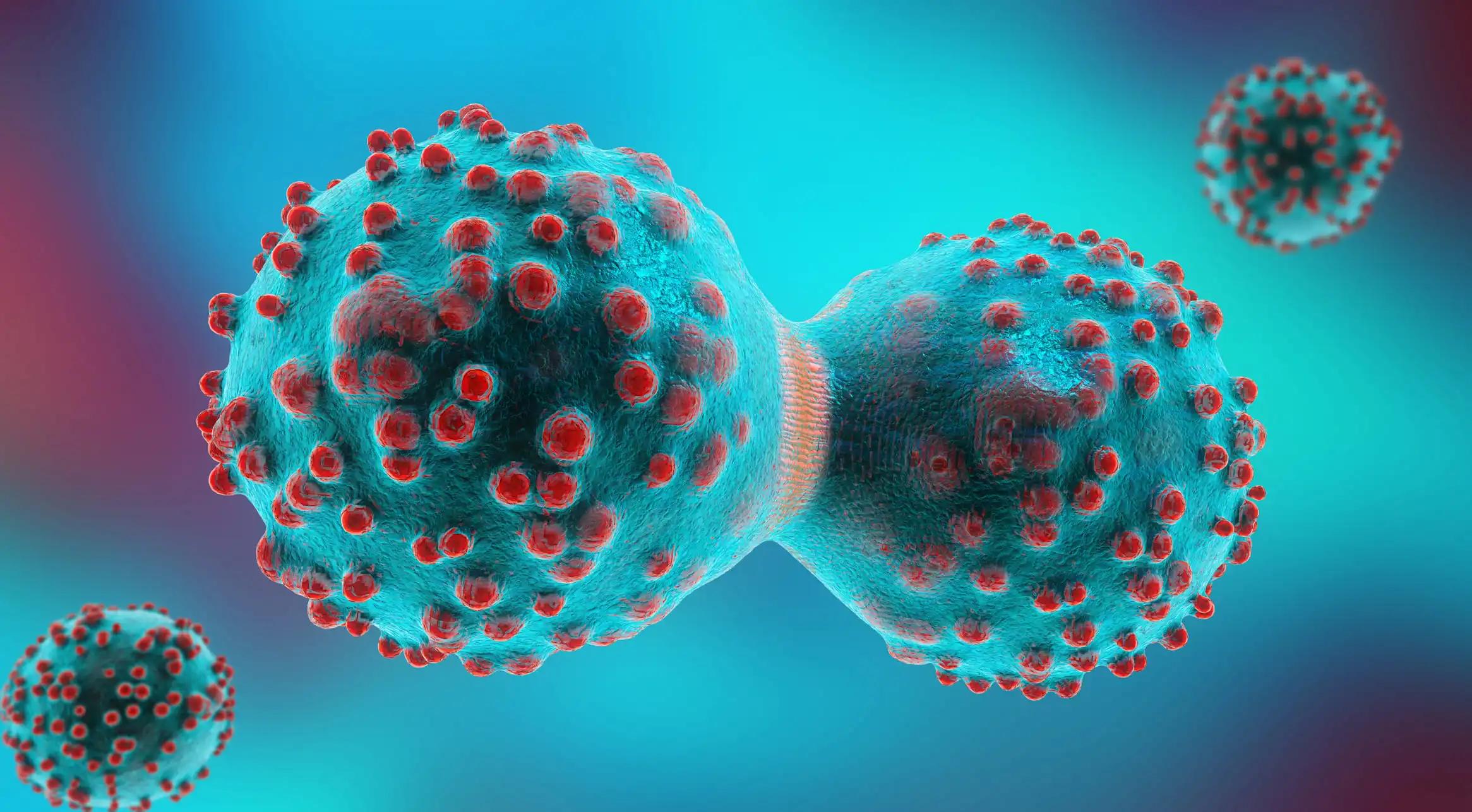KEY TAKEAWAYS
- The PROfound Study phase 3 trial aimed to map Chinese mCRPC mutation profiles via liquid biopsy NGS and explore their influence on real-world treatment decisions.
- The result concluded that in mCRPC, a liquid biopsy revealed AR and BRCA2 mutations guiding PARP inhibitors.
In the PROfound Study, Wai Kay Philip Kwong and other researchers aimed to present the somatic mutation profiles identified in Chinese patients (pts) with metastatic castration-resistant prostate cancer (mCRPC) through the utilization of blood-based liquid biopsy and next-generation sequencing (NGS). The main objective was to explore the relationships between NGS results and the clinical practices of physicians in a real-world scenario.
In the interventional study, pts with mCRPC experiencing clinical, biochemical, or radiologic progression of the disease, along with a prostate-specific antigen (PSA) level exceeding 20 ng/mL following initial systemic therapy, were recruited from five Hong Kong-based centers. Comprehensive genomic profiling was conducted using FoundationOne™ Liquid CDx. The results obtained from Next-Generation Sequencing (NGS), as well as the treatments administered before and after NGS, were thoroughly examined and analyzed.
About 36 participants (median age: 72.5 years; median PSA: 69.9 ng/mL) were enrolled in the study. The study observed that 29 individuals (80.6%) possessed an Eastern Cooperative Oncology Group (ECOG) performance score of 1. Approximately one-third exhibited a Gleason score of 9, with 28 (77.8%) presenting symptomatic disease. Among the participants, 7 (19.4%) received two lines of systemic therapies, while 15 (41.7%) underwent three lines. Common genomic alterations were identified in AR (52.8%), TP53 (44.4%), DNMT3A (33.3%), and BRCA2 (25.0%).
Amplification and single-nucleotide variants were observed in 31.6% (6/19) and 47.4% (9/19) of the AR variants, respectively. Predominant mutations in homologous recombination repair-related genes were noted in BRCA2 (25.0%), CDK12 (19.4%), and ATM (8.3%), with frequencies comparable to those in the PROfound trial. High microsatellite instability was evident in 2 pts (5.6%).
The overall median tumor mutational burden was 4.0 mut/Mb. 4 out of 9 pts with the BRCA2 variant switched to a poly (ADP-ribose) polymerase (PARP) inhibitor, all of whom exhibited clinical benefits. Reasons for not opting for a PARP inhibitor included poor performance status (n = 2), cost (n = 1), and patient decision (n = 1).
The result concluded that in a cohort of Chinese mCRPC pts who experienced first-line therapy failure, half exhibited AR mutations, while BRCA2 mutations were identified in 25.0% of individuals. Notably, 9 pts with BRCA2 mutations switched to a PARP inhibitor, resulting in clinical benefits. The real-world application of liquid biopsy can potentially influence physician practices and patient outcomes.
This study is sponsored by AstraZeneca.
Clinical Trial: https://clinicaltrials.gov/study/NCT02987543
Kwong WKP, Poon DM, Chan T, et al. “Clinical application and potential impact of liquid biopsy on the management of Chinese patients with metastatic castration-resistant prostate cancer (mCRPC): A territory-wide prospective analysis.” Presented at ESMO ASIA 2023. (Abstract: 266P).



